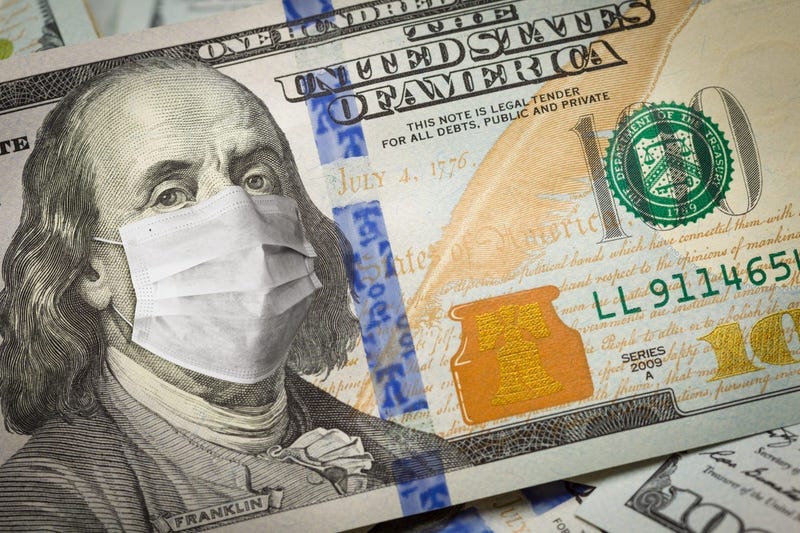
CHICAGO (WBBM NEWSRADIO) -- More help is being offered to businesses and communities across Illinois that have been hit hard by COVID-19.
Governor JB Pritzker and the Illinois Department of Commerce and Economic Opportunity (DCEO) released applications Wednesday for for the latest in a series of grant programs designed to offset the economic impact of COVID-19 for businesses and communities across Illinois. The new Business Interruption Grant (BIG) and the Rebuild Distressed Communities grants total $85 million and will provide relief for thousands of businesses affected by the ongoing pandemic.
Applications for BIG grants and the Rebuild Distressed Communities Notice of Funding Opportunity are due on July 7.
“This virus has had devastating effects on the health and livelihoods of our residents, and we must take aggressive action to help our families and communities recover,” said Governor Pritzker, in a statement. “As our small businesses reopen their doors, these grant programs will provide critical support to allow them to safely expand their operations. We can not recover without our small businesses leading the way, particularly in communities that have been disproportionately impacted by this virus, and this administration is committed to using all resources at our disposal to help them thrive.”
These programs administered by DCEO are part of over $900 million in new programs recently announced by Governor Pritzker, with a focus on restoring communities hit hardest by the pandemic. Both programs offer priority for small businesses whose operations were heavily restricted or completely shut down during the pandemic, for those located in disproportionately impacted areas (DIAs), as well as those in communities damaged by recent civil unrest. DIAs are low-income areas that have experienced high rates of COVID-19 cases.
The first round of the new business interruption grants program, known as “BIG,” will make $60 million available for 3,500 businesses that experienced losses or business interruption, because they closed or severely restricted their operations as a result of COVID-19. Businesses eligible for BIG include restaurants and bars; barbershops and salons; health and fitness centers; as well as businesses located in DIAs which have had reports of recent property damage due to civil unrest.
Businesses prioritized for this first wave of funding must have experienced extreme hardship, demonstrated by losses in excess of the grant amount since March, caused by following the public health guidance to limit their operations. Businesses must also have been in operation for at least three months prior to March 2020.
Grants will be made available for small businesses in amounts ranging between $10,000-$20,000, depending on business type and other eligibility criteria.
The second program, Rebuild Distressed Communities, is a $25 million economic recovery program to support Illinois businesses that have sustained property damage as a result of civil unrest during protest and demonstrations on or after May 25, 2020. The Distressed Capital Program will reimburse the costs to repair structural damages, including repairs to storefronts and entrances, improving electrical systems, and restoring exterior work.
The Distressed Capital Program will specifically help businesses located in DIAs and will prioritize small businesses, women and minority-owned businesses, underinsured or uninsured businesses, businesses that have a high community impact – such as grocery stores – and businesses in communities that have experienced historic disinvestment. The Distressed Capital Program also includes provisions to encourage BEP contractors, including minority- and women-owned businesses, are the first in line to do the repair work.
BIG and Rebuild Distressed Communities programs build on steady action taken by Governor Pritzker throughout the COVID-19 crisis to support small businesses. With the addition of this first round of BIG and Rebuild Distressed Communities, more than $150 million in business assistance programs have been announced since March – including the downstate small business stabilization fund, the hospitality grants program, and the Fast Track Public Infrastructure Program. Collectively, these programs have helped provide vital assistance for thousands of unique businesses located in every corner across the state.

